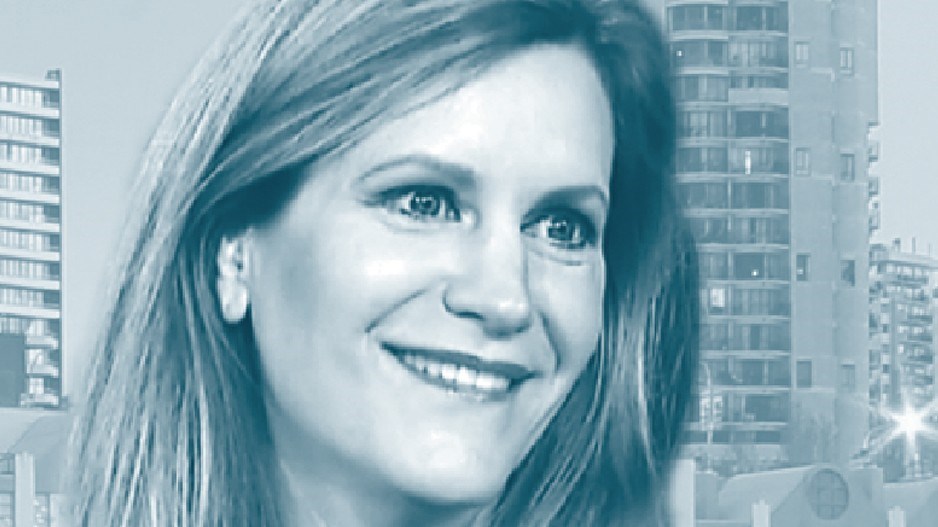The president of Ukraine, Volodymyr Zelenskyy, addressed the Parliament of Canada virtually on March 15, 2022, and in his address, he called on us to help “close the skies” over Ukraine and to impose a no-fly zone, something that NATO has refused to do.
Canada is a founding member of NATO and a no-fly zone vote needs our support, at least optically. Canada is also important in the no-fly zone context because Canada is one of only four countries whose air force can execute on no-fly missions and has the skill set to plan and lead no-fly zone missions. If there is a no-fly zone declaration, it means Canada will be a key player in the air.
Thus far, NATO is saying no to declaring a no-fly zone over Ukraine because it will start World War 3.
No-Fly Zones
A no-fly zone is as it sounds – a declaration prohibiting air operations over a certain area or a whole country. Its purpose is to prevent an adversary from using their air power.
There have been no-fly zones imposed in the past when air power was being used to kill civilians, such as in the former Yugoslavia and in southern Iraq during Operation Southern Watch, which was an operation to protect the population under aerial attack by the Iraqi regime.
No-fly zone declarations are a very significant step, not to be entered into lightly. That’s because declaring a no-fly zone is an unambiguous military act that starts a combat operation. In other words, it is unambiguous that military force is going to be used and every combat aircraft that flies under NATO’s umbrella to enforce a no-fly zone is on a combat mission.
The threats in a no-fly zone include aerial threats from combat aircraft, attack helicopters, unmanned air vehicles, incoming missiles, guided munitions and rockets and the ground-based defence systems that control missile and other defence systems. Long-range ground-based defence systems are in Russia, Belarus and Crimea and as we have seen, they can reach into Ukraine.
Enforcing No-Fly Zones
If NATO declares a no-fly zone, it must then be enforced. When NATO country forces (such as Canada) enforce the no-fly zone, there are only two outcomes – either NATO fires the first shot or Russia fires the first shot, and once that first shot is fired, it’s an act of war.
In the likely case that Russia uses its ground-based defence systems to fire a missile into the Ukrainian no-fly zone, the combat response will be to neutralize the threat, which means a military force response not on Ukrainian territory but on Russian or Belarus territory.
Some politicians speak of a no-fly zone with Russia as merely presenting a risk of escalation. A few others have said that NATO is weak and it will not declare a no-fly zone because it will provoke Russia’s direct aggression against NATO.
The reality is that the opposite is true militarily – a no-fly zone doesn’t present a risk of escalation – it is an actual escalation, and a NATO no-fly zone over Ukraine is NATO’s unambiguous direct declaration of hostilities against Russia. It tells Russia that NATO is prepared to perform a hostile act, an act of war, against Russia’s military assets, and launches us into a world war among the 30 countries of NATO, Ukraine, Russia and Belarus.
We may want to provide a no-fly zone but unless the threats change, we can’t.
Other Measures
NATO’s most important member, the United States, like many other countries, is focused on post-pandemic economic recovery and is reluctant to bring Americans into another war that drains economic resources away from American innovation growth in non-military areas. But it has said that it will vote for a NATO military response if NATO-territory (the land of any of the 30 member countries of NATO) is hit by Russia.
For now, NATO members and other countries are responding to the Russian invasion of Ukraine diplomatically through negotiations and economically through sanctions. Sanctions will work, but they take time to be effective. The U.S. is also responding against Russia through financial crime means by hunting for the assets of rich Russian oligarchs around the world and is ramping up to prosecute professional facilitators wherever they may be who helped Russian oligarchs create private companies and trust structures to hide wealth.
Whether it’s enough or not is still unknown.
Christine Duhaime is a financial crime expert with Fusion Intelligence.




